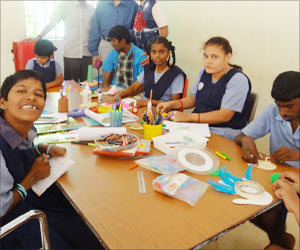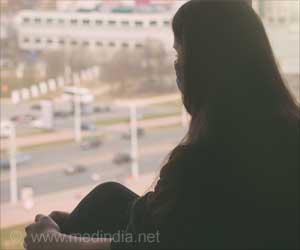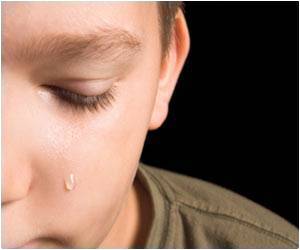New study results raise urgent concerns about the specific pressures and mental health impacts of caring on young people approaching adulthood.

‘Though some adolescent carers benefit from the experience, a significant number showed signs of poor well-being and distress.’





Researchers surveyed 2,100 adolescent carers in six different countries, alongside 5,000 non-carers of the same age. The research is published in the International Journal of Care and Caring.Asked whether, because of caring, they had thought about harming themselves, 14% of the entire sample of adolescent carers said they had, but the figure was twice as high among carers in the UK (28%). The percentage of all UK adolescents who self-harm is thought to be 13% to 19%.
6% of the entire sample, and 12% of those in the UK, said that because of caring they had considered hurting someone else. Within this group, about 45% (across the entire sample) said that the other person was the care recipient.
There was no evidence that these young carers represented a real threat to others, but the finding is indicative of the constant pressure and feelings of isolation that characterize their day-to-day lives.
Numerous other findings similarly indicate that many adolescent carers are struggling to cope. 36% across all six countries, and 56% in the UK, said their mental health had deteriorated because of their responsibilities. 17% (37% UK) said their performance at school had suffered and 15% (36% UK) reported being bullied about caring.
Advertisement
The findings also argue that support for adolescent carers needs to be widened far beyond the available services such as young carer projects.
The challenges adolescent young carers experience are very specific and individualized. They might be educational or employment-related, or problems with transport, finance, or housing.
Young carer services can only do so much about that; other services need to be on board as well. As it stands, the available support for managing their transition into adulthood is patchy at best.
Source-Medindia










